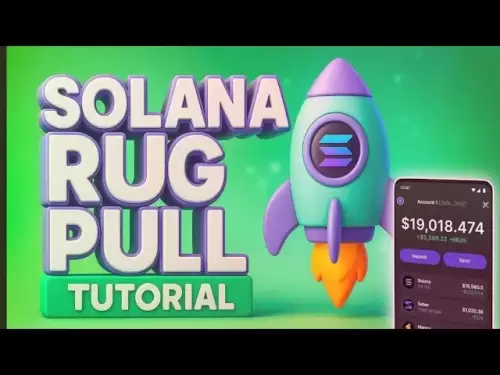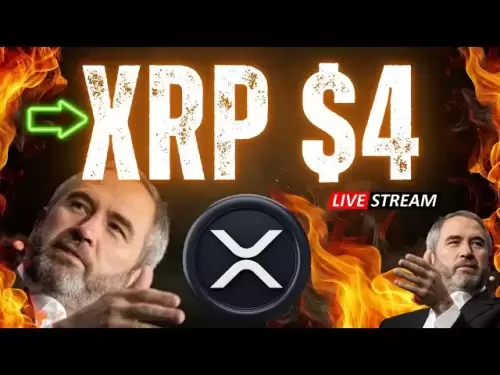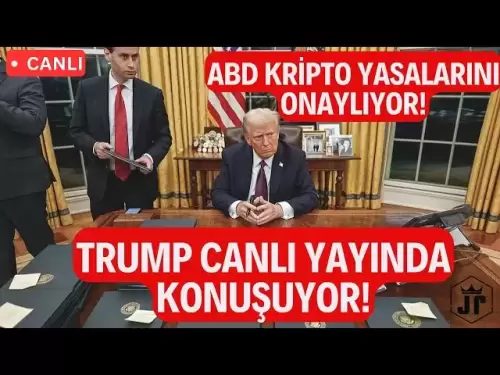-
 Bitcoin
Bitcoin $118300
-1.72% -
 Ethereum
Ethereum $3591
-0.69% -
 XRP
XRP $3.478
-3.53% -
 Tether USDt
Tether USDt $1.001
-0.01% -
 BNB
BNB $737.7
-0.54% -
 Solana
Solana $177.3
-2.40% -
 USDC
USDC $0.9999
-0.01% -
 Dogecoin
Dogecoin $0.2538
7.04% -
 TRON
TRON $0.3256
-0.85% -
 Cardano
Cardano $0.8332
-3.48% -
 Hyperliquid
Hyperliquid $44.80
-3.30% -
 Stellar
Stellar $0.4672
-6.09% -
 Sui
Sui $3.828
-5.98% -
 Chainlink
Chainlink $18.15
-3.41% -
 Hedera
Hedera $0.2655
-7.16% -
 Bitcoin Cash
Bitcoin Cash $517.5
-0.64% -
 Avalanche
Avalanche $23.89
-2.37% -
 Shiba Inu
Shiba Inu $0.00001519
-0.45% -
 UNUS SED LEO
UNUS SED LEO $8.973
0.13% -
 Toncoin
Toncoin $3.211
-2.54% -
 Litecoin
Litecoin $103.5
-3.58% -
 Polkadot
Polkadot $4.313
-3.90% -
 Uniswap
Uniswap $10.31
0.67% -
 Monero
Monero $325.4
-2.88% -
 Bitget Token
Bitget Token $5.049
3.51% -
 Ethena USDe
Ethena USDe $1.002
0.04% -
 Pepe
Pepe $0.00001346
-2.96% -
 Dai
Dai $0.9999
-0.02% -
 Aave
Aave $322.1
-2.93% -
 Bittensor
Bittensor $411.9
-4.70%
What is a DAO's role in crypto
A DAO is a decentralized organization governed by smart contracts, enabling transparent, community-driven decision-making through token-based voting.
Jul 14, 2025 at 08:42 pm
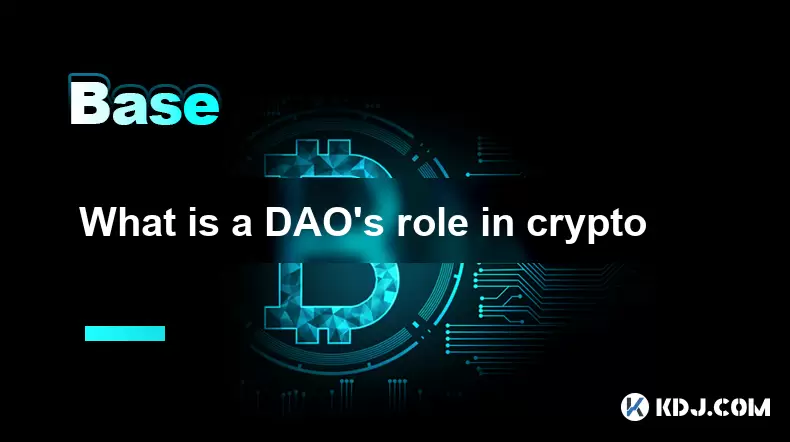
Understanding the Concept of a DAO
A Decentralized Autonomous Organization (DAO) is a digital organization governed by rules encoded in smart contracts on a blockchain. Unlike traditional organizations that rely on centralized authorities like executives or boards, a DAO operates without hierarchical management structures. Instead, decisions are made collectively by its members, typically through token-based voting systems.
The foundational idea behind a DAO is to enable transparent and trustless governance over shared assets or protocols. Smart contracts define the operational logic of the organization, ensuring that no single entity can unilaterally alter the system. This makes DAOs inherently democratic and resistant to censorship or manipulation.
How a DAO Functions in the Crypto Ecosystem
In the context of cryptocurrency, DAOs play a critical role in decentralized finance (DeFi) and blockchain governance. They allow communities to manage decentralized applications (dApps), allocate treasury funds, propose protocol upgrades, and make strategic decisions without relying on intermediaries.
- Token holders submit proposals for changes or initiatives
- Community members vote using their tokens as voting power
- Smart contracts automatically execute approved actions
This model ensures that governance is distributed among stakeholders, aligning with the core principles of decentralization in the crypto space. Many DeFi platforms, such as Uniswap and Aave, utilize DAO mechanisms to let users influence protocol development and financial policies.
The Role of Voting in a DAO
Voting is a central mechanism within any DAO, enabling token holders to express preferences on various issues. The weight of each vote usually correlates with the number of tokens held, though some systems implement quadratic voting or delegation models to enhance fairness.
- Proposals can range from minor parameter adjustments to major treasury allocations
- Voting periods are time-bound to ensure timely decision-making
- Results are enforced via programmable smart contracts
Because these votes are recorded on-chain, transparency and immutability become key features of DAO governance. This allows anyone to audit past decisions and verify the legitimacy of outcomes, reinforcing trust in the system without requiring a central authority.
DAOs and Treasury Management
One of the most significant functions of a DAO is managing its native treasury, which often contains large amounts of cryptocurrency. These funds are typically derived from protocol fees, token sales, or investment returns generated by the DAO’s activities.
- Proposals may request funding for development, marketing, or ecosystem growth
- Approved expenditures are executed automatically through smart contracts
- All financial activity is publicly visible on the blockchain
This level of openness ensures that DAO treasuries are not subject to opaque or arbitrary spending decisions. It also enables community-driven capital allocation, where token holders directly influence how resources are used to grow the project.
Challenges and Risks Associated with DAOs
Despite their benefits, DAOs face several challenges that can impact their effectiveness and security. One of the primary concerns is voter participation, as low turnout can lead to decisions being dominated by large token holders.
- Smart contract vulnerabilities can be exploited if not properly audited
- Coordination problems may arise due to lack of leadership structure
- Legal uncertainties exist regarding the status and liability of DAOs
These risks highlight the importance of robust governance frameworks, secure code audits, and active community engagement. While DAOs represent a powerful innovation in decentralized governance, they require continuous refinement to function optimally in real-world conditions.
Frequently Asked Questions
What happens if a DAO proposal fails?
If a proposal does not receive enough votes or fails to meet quorum requirements, it is rejected and no action is taken. The proposer may choose to revise and resubmit the idea based on community feedback.
Can anyone create a DAO?
Yes, anyone with knowledge of smart contracts can launch a DAO, although doing so securely and effectively requires technical expertise, legal consideration, and community-building efforts.
Are DAOs legally recognized entities?
Currently, DAOs occupy a gray area in many jurisdictions. Some regions, like Wyoming in the U.S., have started recognizing DAOs as legal entities, but global regulatory clarity remains limited.
How do DAOs prevent malicious proposals?
Most DAOs use deposit systems where proposers must stake tokens, discouraging spam or harmful suggestions. Additionally, community moderation and reputation systems help filter out bad actors.
Disclaimer:info@kdj.com
The information provided is not trading advice. kdj.com does not assume any responsibility for any investments made based on the information provided in this article. Cryptocurrencies are highly volatile and it is highly recommended that you invest with caution after thorough research!
If you believe that the content used on this website infringes your copyright, please contact us immediately (info@kdj.com) and we will delete it promptly.
- Crypto Picks: Navigating the Meme Coin Mania – Toshi, Ski Mask Dog, and the Elusive Pepe Coin 30,000% Rally
- 2025-07-19 14:30:13
- SUI Blockchain, Unilabs, and Curve Finance: A New Era of Crypto Investments?
- 2025-07-19 15:10:12
- Riding the Altcoin Wave: ADA Price, XRP Surges, and the Season of Opportunity
- 2025-07-19 15:30:12
- MoonBull, Meme Coins, and Your Watchlist: What's Hot Right Now
- 2025-07-19 14:30:13
- Crypto Market Mania: Ethereum Surges, Trump's Company Cashes In!
- 2025-07-19 12:30:13
- NFT Trading, Users, and the Quest for a Comeback: What's the Deal?
- 2025-07-19 12:30:13
Related knowledge
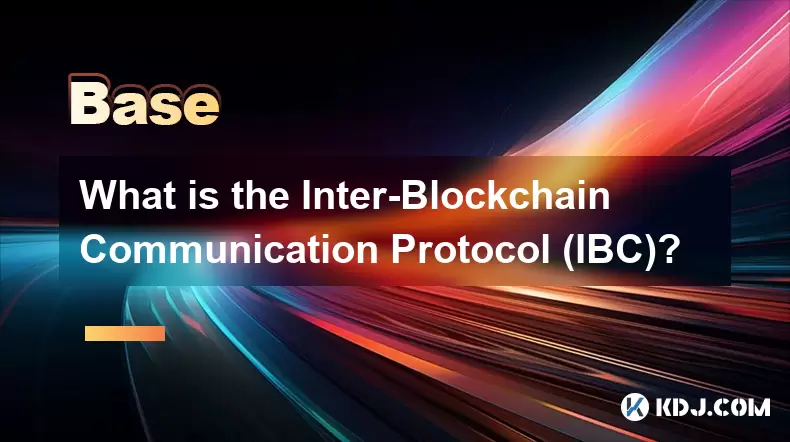
What is the Inter-Blockchain Communication Protocol (IBC)?
Jul 19,2025 at 10:43am
Understanding the Inter-Blockchain Communication Protocol (IBC)The Inter-Blockchain Communication Protocol (IBC) is a cross-chain communication protoc...
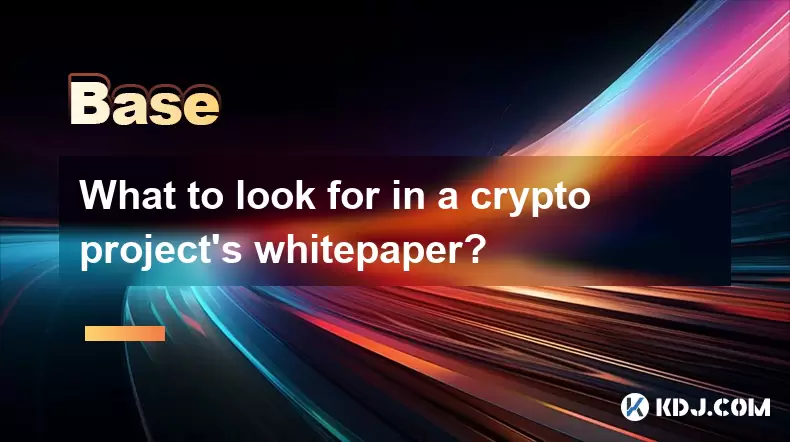
What to look for in a crypto project's whitepaper?
Jul 19,2025 at 01:42pm
Understanding the Purpose of a WhitepaperA whitepaper is a foundational document for any cryptocurrency project, often serving as the first point of c...
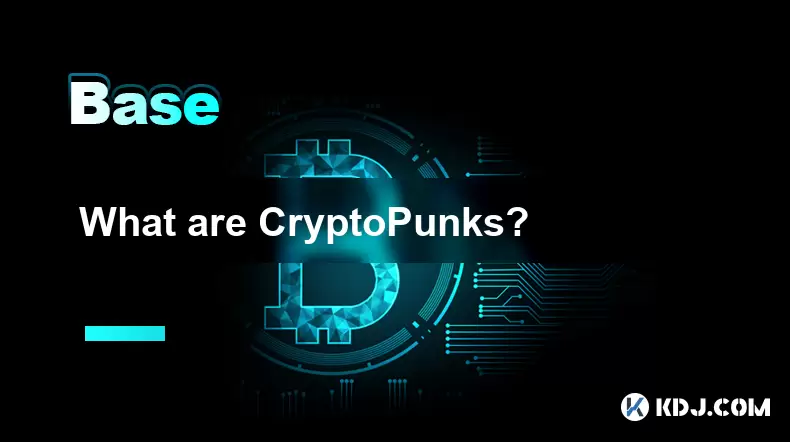
What are CryptoPunks?
Jul 19,2025 at 08:28am
Understanding the Basics of Bitcoin MiningBitcoin mining is the process through which new Bitcoin is introduced into circulation and transactions are ...
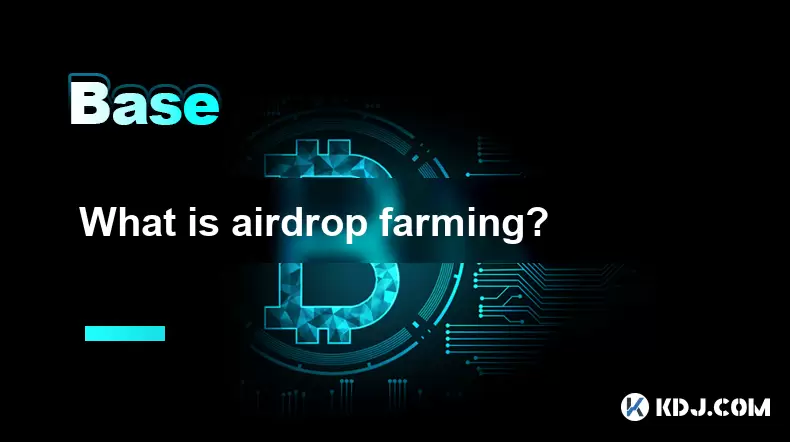
What is airdrop farming?
Jul 19,2025 at 03:56am
What Is Airdrop Farming?Airdrop farming is a term that refers to the process of accumulating tokens or coins through participating in airdrops and yie...
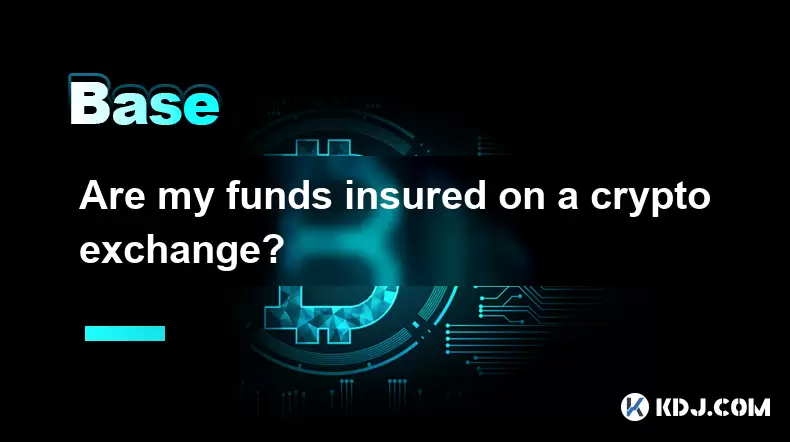
Are my funds insured on a crypto exchange?
Jul 19,2025 at 08:21am
Understanding the Concept of Fund Insurance on Crypto ExchangesWhen users store their digital assets on a cryptocurrency exchange, they often wonder w...

Can cryptocurrency be hacked?
Jul 19,2025 at 12:43pm
Understanding the Vulnerabilities in Cryptocurrency SystemsCryptocurrency, by design, is built on blockchain technology, which is inherently secure du...

What is the Inter-Blockchain Communication Protocol (IBC)?
Jul 19,2025 at 10:43am
Understanding the Inter-Blockchain Communication Protocol (IBC)The Inter-Blockchain Communication Protocol (IBC) is a cross-chain communication protoc...

What to look for in a crypto project's whitepaper?
Jul 19,2025 at 01:42pm
Understanding the Purpose of a WhitepaperA whitepaper is a foundational document for any cryptocurrency project, often serving as the first point of c...

What are CryptoPunks?
Jul 19,2025 at 08:28am
Understanding the Basics of Bitcoin MiningBitcoin mining is the process through which new Bitcoin is introduced into circulation and transactions are ...

What is airdrop farming?
Jul 19,2025 at 03:56am
What Is Airdrop Farming?Airdrop farming is a term that refers to the process of accumulating tokens or coins through participating in airdrops and yie...

Are my funds insured on a crypto exchange?
Jul 19,2025 at 08:21am
Understanding the Concept of Fund Insurance on Crypto ExchangesWhen users store their digital assets on a cryptocurrency exchange, they often wonder w...

Can cryptocurrency be hacked?
Jul 19,2025 at 12:43pm
Understanding the Vulnerabilities in Cryptocurrency SystemsCryptocurrency, by design, is built on blockchain technology, which is inherently secure du...
See all articles
























